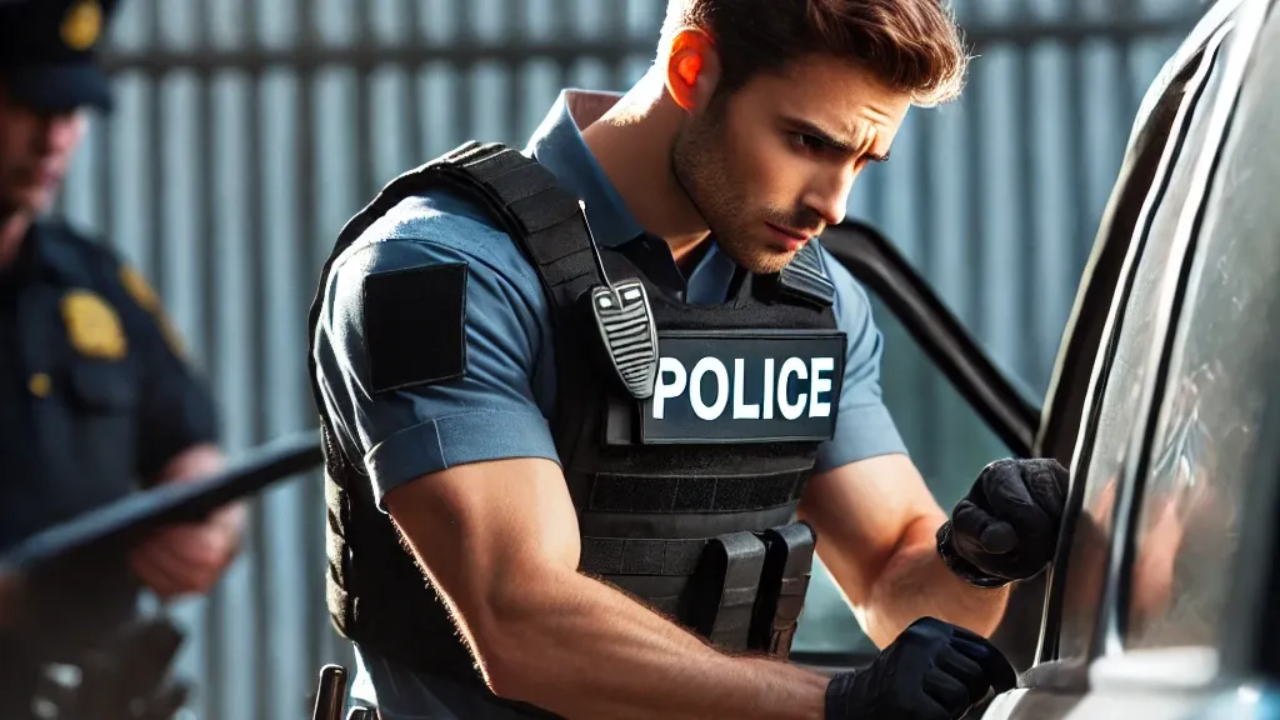
Search and seizure isn’t just a legal topic—it’s a daily reality for officers. Knowing what you can search, when you can seize, and how to do it legally is essential to protecting citizens' rights and ensuring your cases hold up in court. In the academy, recruits are trained to master the balance between lawful authority and constitutional boundaries. Here’s how to stand out in this crucial training.
1. Know the Fourth Amendment Like the Back of Your Hand
Every search begins (and can end) with the Fourth Amendment. Understanding what qualifies as “unreasonable” is non-negotiable.
Tip: Memorize the legal standard: “Unreasonable searches and seizures are prohibited without a warrant, unless an exception applies.”
2. Understand Warrant Exceptions
Many searches don’t require a warrant—but only if specific exceptions apply. These include consent, plain view, exigent circumstances, and search incident to arrest.
Tip: Practice applying each exception to real-life scenarios. Ask yourself: What’s my legal justification here?
3. Develop Consent Awareness
Consent searches are powerful—but fragile. If you overstep, you could lose evidence or the case.
Tip: Always ensure consent is voluntary, clear, and not coerced. Document the conversation thoroughly, and when possible, get it on video or in writing.
4. Train for Physical Search Tactics
Knowing the law is one part—conducting a safe, thorough, and respectful search is the other.
Tip: Practice vehicle, person, and property searches repeatedly. Always maintain officer safety protocols and follow department procedures step by step.
5. Document Everything Precisely
An otherwise lawful search can be thrown out if it’s not documented correctly.
Tip: Your report should answer who, what, where, when, why, and how the search took place. Include legal justification, suspect responses, and exactly what was seized.
Final Thoughts
Excelling in search and seizure training means combining solid legal knowledge with smart tactics and strong ethics. Officers who respect the law—and can clearly articulate their actions—are the ones who build airtight cases and community trust.
For more law enforcement training tips, visit www.armoganct.com.
Best,
Barbara
Armogan Training Team
Police Candidate Getting Started Workshop
Learn about every phase of the hiring process!!!
-Plus hidden BONUSES!!!
We hate SPAM. We will never sell your information, for any reason.
